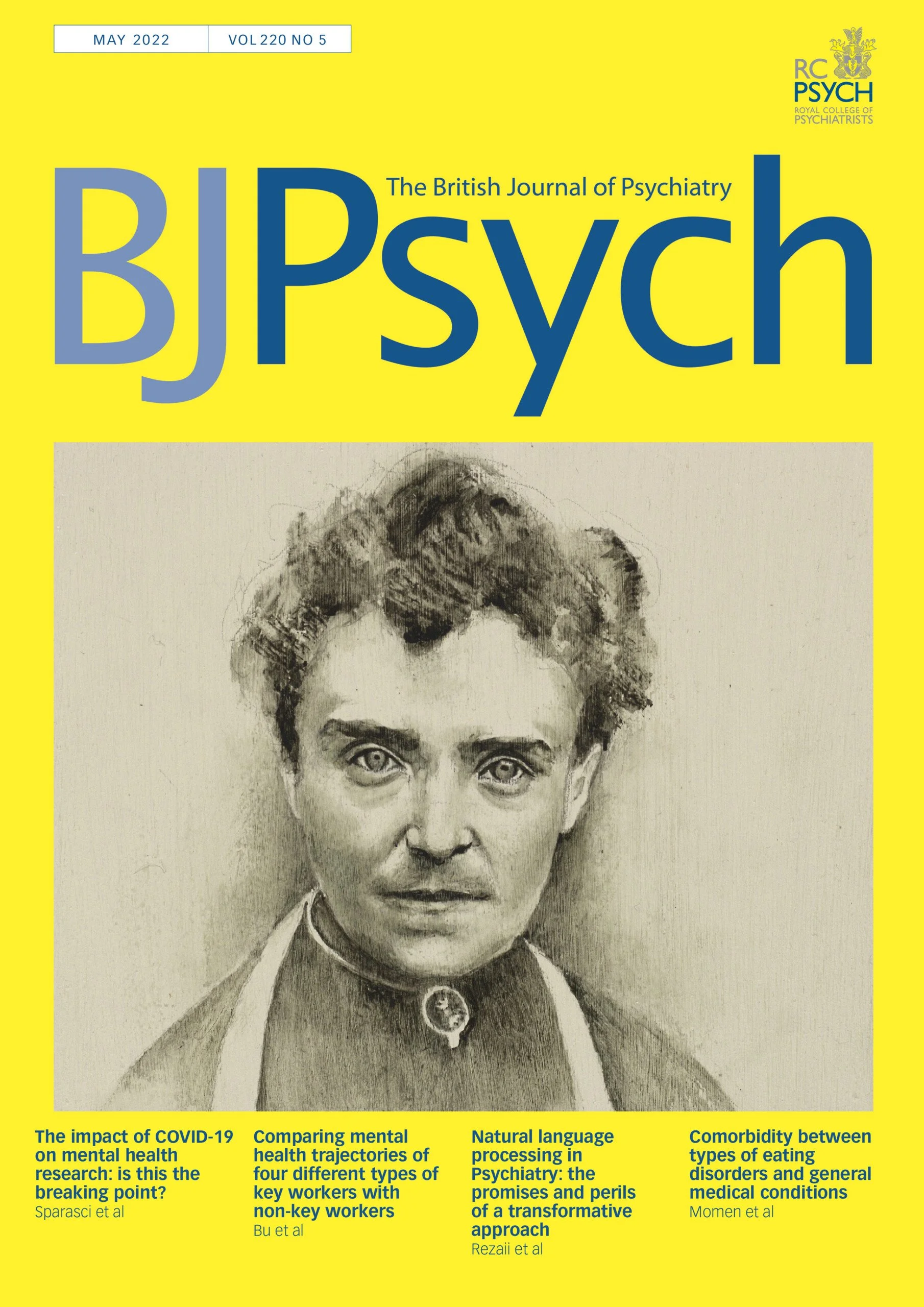May 2022
/Excerpt below from the May 2022 Kaleidoscope column in The British Journal of Psychiatry (BJPsych). You can read the full column for free here
Randomised controlled trials (RCTs): the top of the research pyramid, but we need to remain mindful of their limitations. Taipale et alReference Taipale, Schneider-Thoma, Pinzon-Espinosa, Radua, Efthimiou and Vinkers1 considered studies on individuals with schizophrenia, taking typical RCT eligibility criteria in relapse prevention work and applying them to broad, clinically representative Scandinavian cohorts covering over 25 000 individuals with a history of the condition. About 80% would have been ineligible for standard research trials; the most common reasons were serious somatic comorbidities, the use of antidepressants and mood stabilisers, substance use and perceived risk of suicide. This raises the obvious concern about how well this gold standard of research maps on to the broader real-life population. The authors looked at some high-level outcome variables and found that the ‘ineligible’ cohort had worse outcomes, being more likely to be admitted to hospital despite being on maintenance treatment, have a refractory condition and have greater number of suicide attempts. The ‘C’ in RCT is of course the culprit, as researchers understandably try to minimise and control for confounders, but if it means only a fifth of an illness cohort can be studied, and their outcomes differ from those of the rest, well, some new ideas are needed. We need more work on more real-world populations: as the authors note, ‘RCT outcomes (efficacy) may differ from the utility of interventions in routine clinical practice (effectiveness)’. Mining of electronic patient records (EPR) has been proposed as one way around this, but see later in the column for potential pushback against that.


